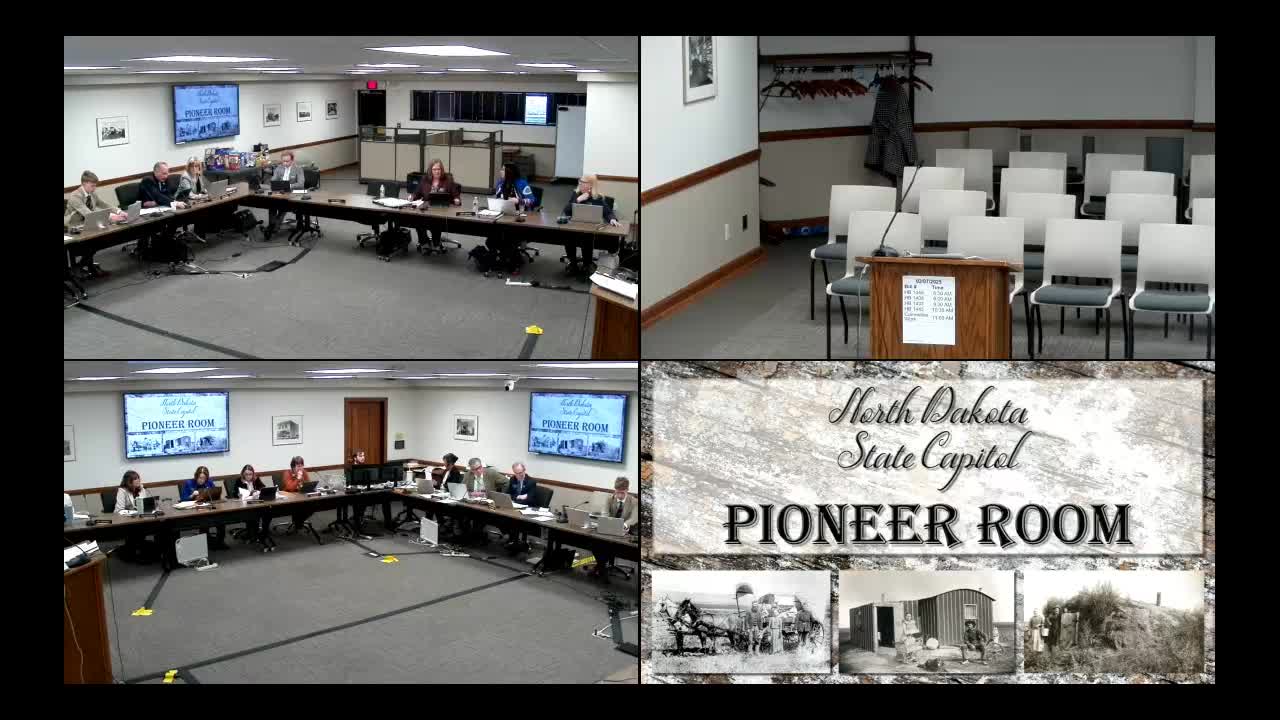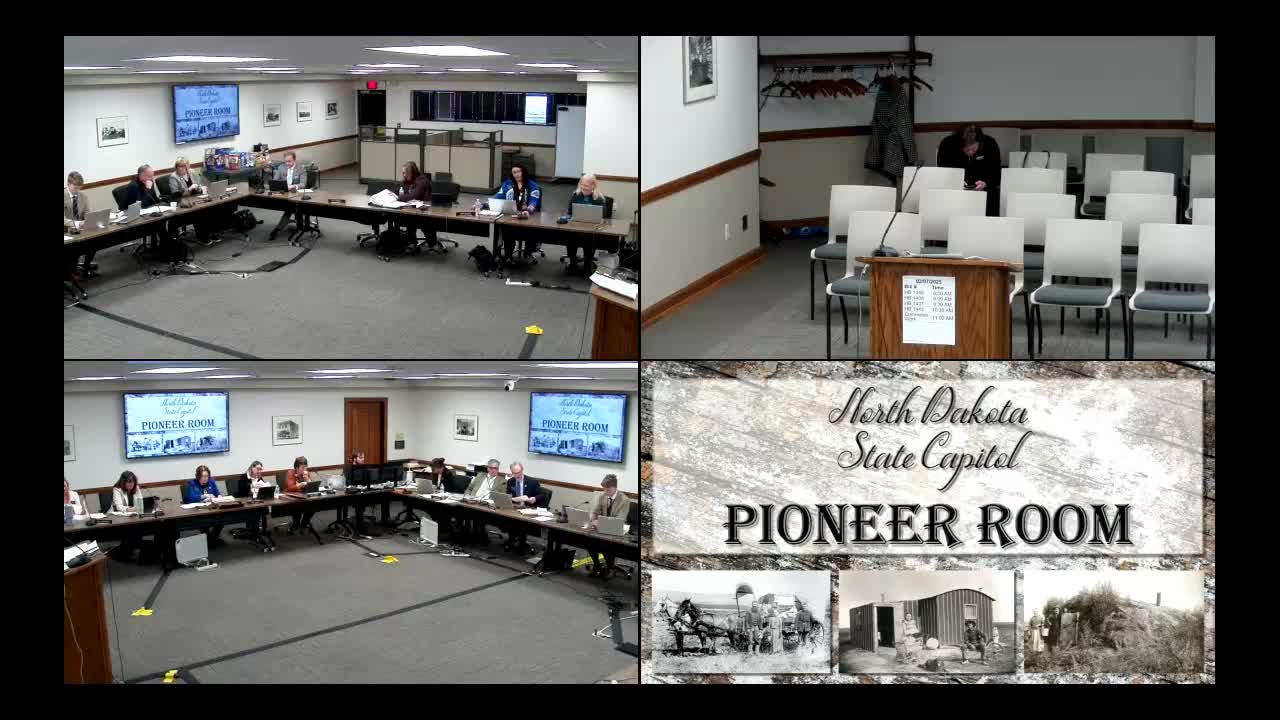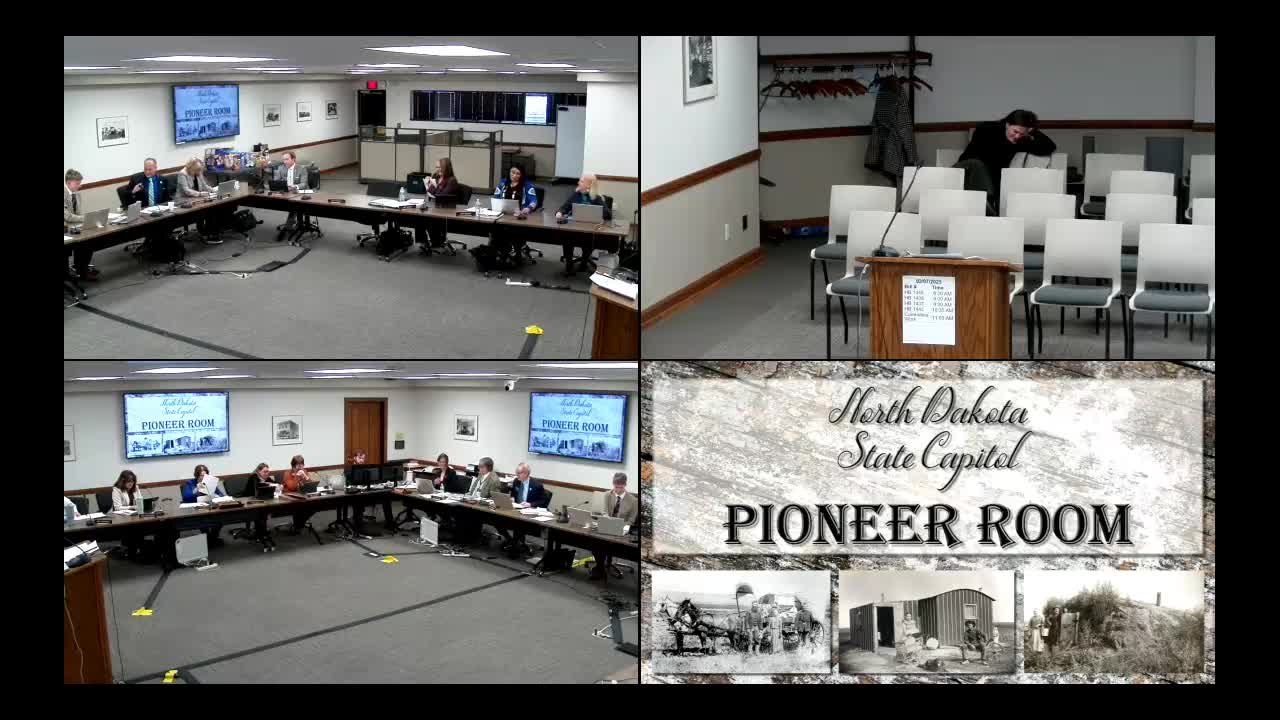Article not found
This article is no longer available. But don't worry—we've gathered other articles that discuss the same topic.

Committee backs bill to change legislative session schedule, cites term-limit impacts; referred to appropriations

Committee approves compliance-focused appropriation for historical repatriation work, sends bill to appropriations

Panel approves Missing and Murdered Indigenous task force bill, sends it to appropriations

